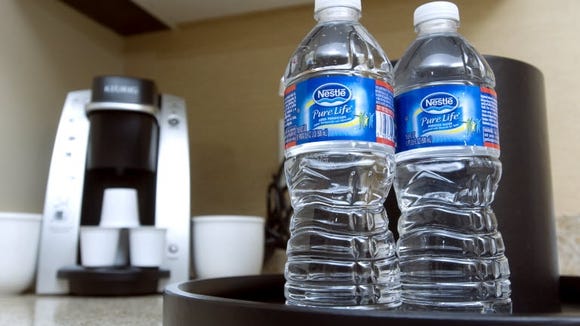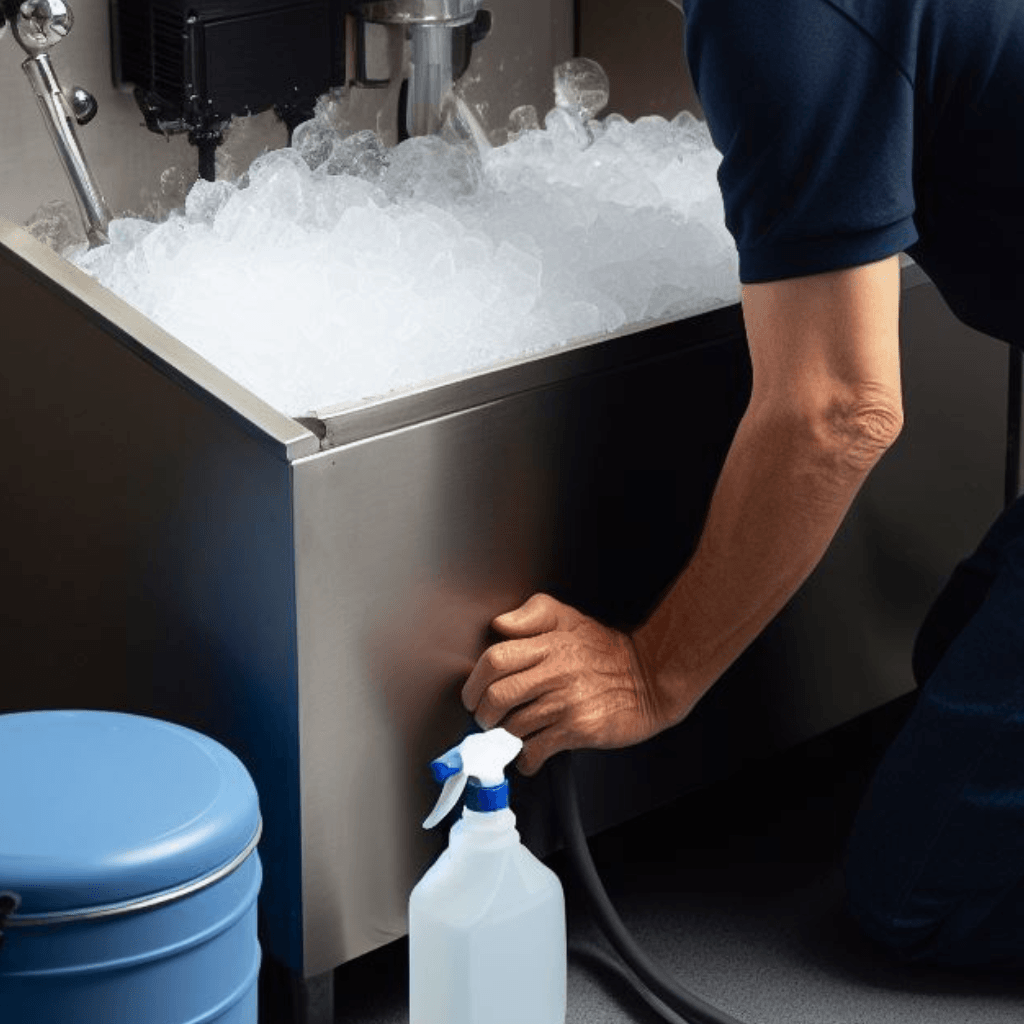Hotel ice machines are a staple in most American hotels, providing guests with the convenience of fresh ice for drinks and cooling. However, many travelers have wondered: are hotel ice machines clean? This question has sparked concern among health-conscious individuals and those who want to ensure their stay is as hygienic as possible. While hotels typically maintain these machines, the reality is that they can sometimes harbor bacteria, mold, and other contaminants. Understanding how these machines operate and what steps can be taken to minimize risks is essential for anyone planning a trip.
The Hygiene Standards of Hotel Ice Machines
Hotel ice machines are designed to produce and store ice in a controlled environment, but the cleanliness of these machines can vary depending on the hotel’s maintenance practices. According to the Centers for Disease Control and Prevention (CDC), food service establishments, including hotels, must follow strict hygiene guidelines to prevent contamination. However, not all hotels may adhere to these standards consistently. Regular cleaning and sanitization of ice machines are crucial to ensuring that the ice produced is safe for consumption.
Most hotels have a maintenance schedule for their ice machines, which includes tasks such as removing ice buildup, scrubbing internal components, and disinfecting surfaces. However, the frequency of these cleanings can depend on factors like the number of guests, the machine’s usage, and the hotel’s overall commitment to cleanliness. Some hotels may perform these tasks daily, while others might do it less frequently, increasing the risk of bacterial growth.
Potential Contaminants in Hotel Ice Machines

Despite regular maintenance, hotel ice machines can still become breeding grounds for harmful microorganisms. Bacteria such as E. coli, Salmonella, and Listeria have been found in improperly maintained ice machines, posing a risk to guests who consume the ice. Mold and mildew can also develop in the moist environment of an ice machine, especially if the unit is not cleaned regularly. These contaminants can lead to gastrointestinal issues, respiratory problems, or other health complications.
One of the main concerns is the presence of biofilm, a layer of microorganisms that can form on the surfaces of the ice machine. Biofilm is difficult to remove and can persist even after routine cleaning. If left unchecked, it can contaminate the ice and spread to other areas of the hotel, including food preparation zones. Additionally, the water used to make ice can introduce impurities if the hotel’s water supply is not properly filtered or treated.
How to Determine the Cleanliness of an Ice Machine

For travelers concerned about the cleanliness of hotel ice machines, there are several ways to assess the condition of the unit before using it. One simple method is to observe the appearance of the ice itself. Clear, solid ice is typically a sign of a well-maintained machine, while cloudy or discolored ice may indicate the presence of contaminants or poor water quality.
Another approach is to check the surrounding area of the ice machine. A clean machine should have no visible dirt, grime, or moisture buildup. If the floor around the machine is wet or sticky, it could be a sign of neglect. Additionally, some hotels may display information about their cleaning schedules or maintenance records, which can provide insight into the machine’s hygiene status.
Steps to Stay Safe When Using Hotel Ice Machines

While it’s impossible to completely eliminate the risk of contamination, there are several precautions guests can take to reduce their exposure. One of the most effective measures is to bring your own ice from home. Many hotels allow guests to bring in personal ice, which can be a safer alternative to the machine-provided ice. Alternatively, guests can request that the hotel staff refill the ice bin with fresh ice, ensuring that it comes directly from a clean source.
Another option is to use bottled water instead of ice when possible. This eliminates the need to rely on the hotel’s ice machine altogether. For those who prefer to use the ice, it’s advisable to avoid drinking it directly from the machine and instead pour it into a glass or container. This reduces the chance of coming into contact with any surface that may have been contaminated.
What Hotels Can Do to Improve Ice Machine Hygiene

Hotels have a responsibility to ensure that their ice machines are maintained to the highest standards of cleanliness. Implementing a rigorous cleaning schedule is essential, with tasks such as deep cleaning the machine every few weeks and replacing filters as needed. Staff should also be trained to recognize signs of contamination and report any issues promptly.
In addition, hotels can invest in high-quality ice machines that are designed to minimize bacterial growth. Some models feature self-cleaning functions or antimicrobial coatings that help reduce the risk of contamination. By upgrading to more advanced equipment, hotels can provide a safer experience for their guests.
The Role of Consumer Awareness and Advocacy

As awareness of hotel ice machine hygiene grows, consumers are becoming more vocal about their expectations for cleanliness. Social media platforms have played a significant role in highlighting cases of poor maintenance, prompting hotels to take action. Guests can also use online review sites to share their experiences and hold hotels accountable for their hygiene practices.
In some cases, local health departments conduct inspections of hotels to ensure compliance with food safety regulations. These inspections can include checks on ice machine cleanliness, providing an additional layer of oversight. Travelers should be aware of their rights and feel empowered to report any concerns about the hygiene of a hotel’s ice machine.
Conclusion
The question of whether hotel ice machines are clean is one that requires careful consideration. While many hotels maintain their machines to high standards, there are still risks associated with improper maintenance and contamination. By understanding the potential hazards and taking proactive steps, travelers can protect themselves and enjoy a safer, more comfortable stay. Whether it’s bringing your own ice, using bottled water, or advocating for better hygiene practices, there are multiple ways to ensure that the ice you receive in your hotel room is as clean as possible.



